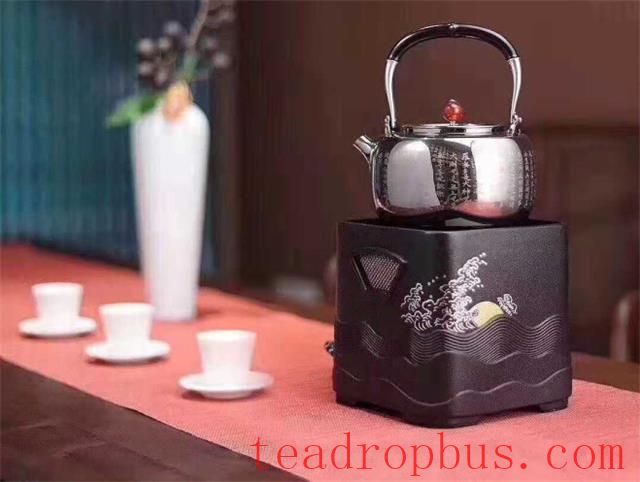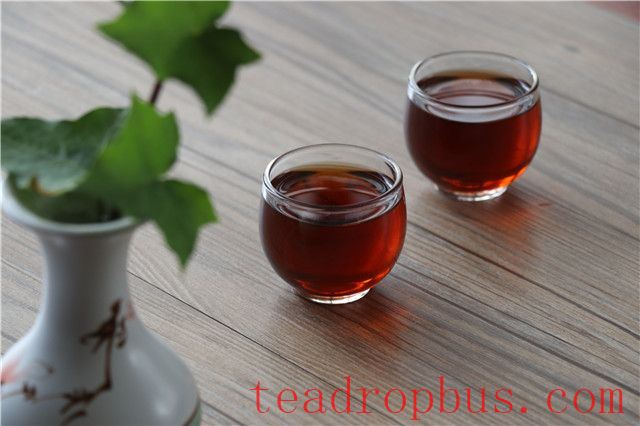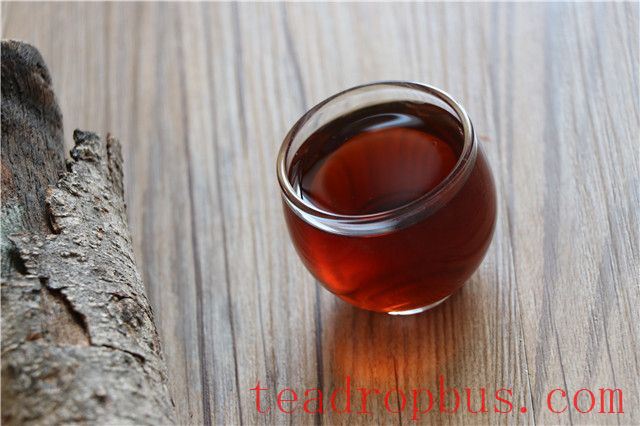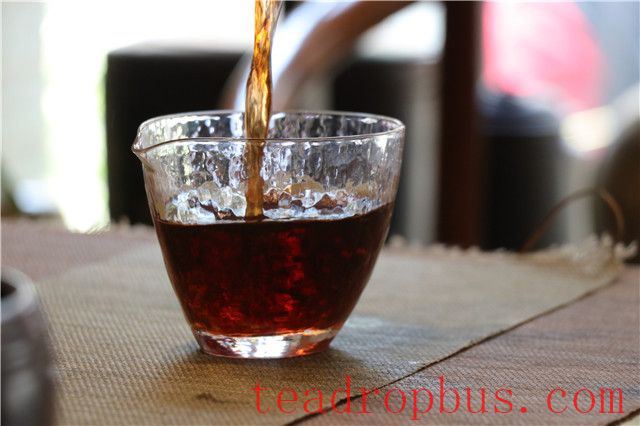As the cold winter arrives, brewing a bowl of hot tea by the heater can keep you warm and promote health. However, there are some considerations when Drinking Tea in winter. Do you know these details?
Tea for Health
Drinking tea is beneficial for health, especially Yunnan Pu'er tea, which originates from the mountains and has significant effects. As early as in the “Supplement to the Compendium of Materia Medica,” there is a record that “Pu'er tea tastes bitter and is potent, able to neutralize the greasy and toxic effects of beef and mutton. It is astringent and bitter, expels phlegm, regulates qi, and promotes bowel movements.” The effects of Pu'er tea on lowering lipids, blood sugar, and cholesterol are well-known. However, there are specific considerations when drinking Pu'er tea in winter.

Warm Up and Nourish Your Stomach with Ripe Tea
For people with a cold constitution, particularly women, their hands and feet tend to get cold in winter. Using hand warmers or drinking hot water can only provide temporary relief. To solve this problem, internal adjustments are needed. In winter, we generally recommend drinking ripe tea for those with a cold constitution. After pile fermentation, ripe tea contains reduced amounts of tea polyphenols and alkaloids but increased levels of viscous and warming substances. This helps protect the stomach. After fermentation, the Vitamin C content in the tea increases significantly, playing an important role in enhancing the immune system's function. Ripe tea can lower lipids, blood pressure, and even aid in weight loss more effectively than raw tea. Ripe tea and its derivative beverages are popular among female consumers.
Regulate Qi and Moisturize Lungs with Little Green Tangerine
However, even in winter, some people have a hot constitution. In such cases, “Citrus Pu'er” is an excellent choice. The combination of ripe Pu'er tea and little green tangerine complements each other well. Drinking too much ripe tea can cause heatiness; adding little green tangerine to the mix can moderate the heatiness of the tea. This allows the tangerine peel to moisturize the lungs, expel phlegm, regulate liver qi, while not diminishing the warming effect of the ripe tea, its ability to nourish the stomach, detoxify, or assist in weight loss. If unsure what to drink, “Citrus Pu'er” is a good option.

Drinking Raw Pu'er in Winter:
Although the temperature is cold in winter, for some tea enthusiasts who prefer raw tea, it's almost impossible not to drink raw tea daily. Raw tea, especially those aged within 10 years, has a rich and fascinating flavor, but it is slightly cold in nature. When drinking raw tea in winter, try to do so indoors where it is warm and during sunny afternoons. The recommended amount of raw tea consumed in winter should be reduced, and ripe tea can be added to balance the effects.
Brewing Tea in Winter:
The low temperatures in winter affect the brewing of Pu'er tea. Most regions experience temperatures below 10°C. How can we address the issue of the tea tasting more bitter and astringent due to the water cooling down quickly in cold and rainy weather?
1. Keep the water temperature above 90°C. Some worry that repeatedly boiling water will change the water quality and release harmful alkaline substances. However, the amount of harmful substances produced in boiling water is negligible. Still, it's important to clean and descale the equipment regularly.

2. Some tea enthusiasts share this experience: when using a Gaiwan, pour hot water into the saucer to keep the tea warm.
3. Warming up the tea is essential. You can adjust the room temperature using air conditioning, heaters, etc.
4. Brewing the tea directly in a pot is also a warm way to enjoy tea in winter.
Taboos for Drinking Tea in Winter:
1. Avoid drinking tea on an empty stomach. In winter, the digestive system is relatively weak, and drinking tea on an empty stomach can overburden the stomach, leading to digestive dysfunction.
2. Avoid drinking strong raw tea. Strong raw tea, containing abundant tea alkaloids and polyphenols, can irritate the stomach, causing symptoms such as weakness and indigestion.
3. drink tea in moderation. Although ripe tea has a sweet, smooth taste, excessive consumption should be avoided. Since ripe tea is warming in nature, some people with a yang-dominant constitution, who prefer coolness, may experience symptoms like dry mouth and sore throat after drinking ripe tea.

(The above suggestions are for general tea enthusiasts. In the south, there are experienced tea drinkers who have been drinking tea on an empty stomach or raw tea all year round for many years. This is mainly due to long-term habits and relatively warmer climates, allowing their bodies to adapt to the tea. Therefore, the choice of tea in winter should be based on individual circumstances.)
As winter approaches, although everything returns to calm, we can hold a cup of hot tea and enjoy a relaxing afternoon amidst the steam. With tea, there is warmth.